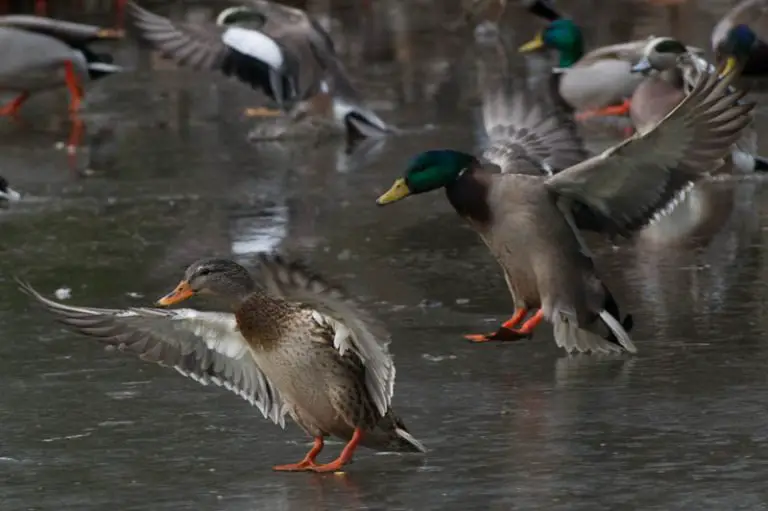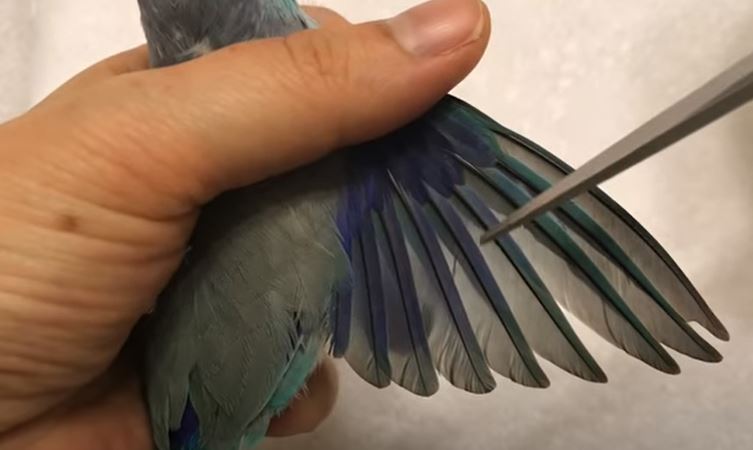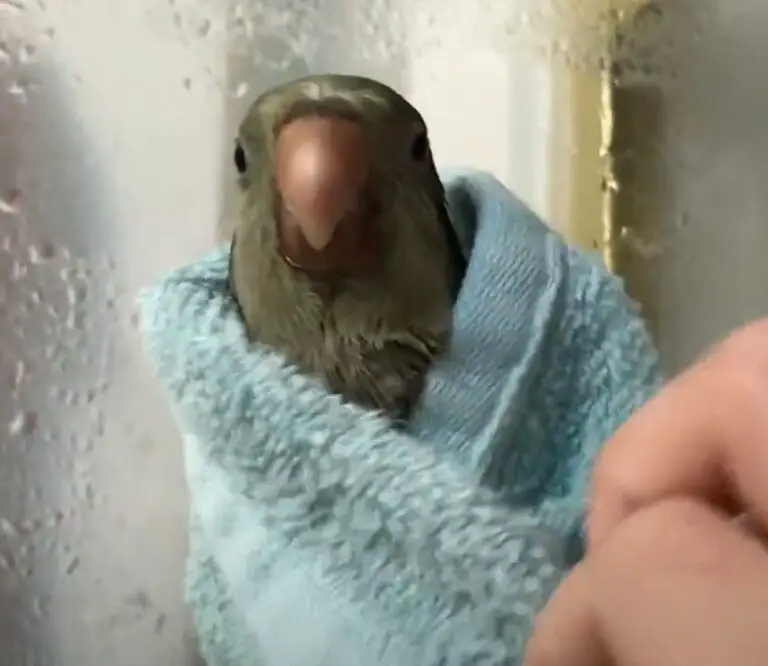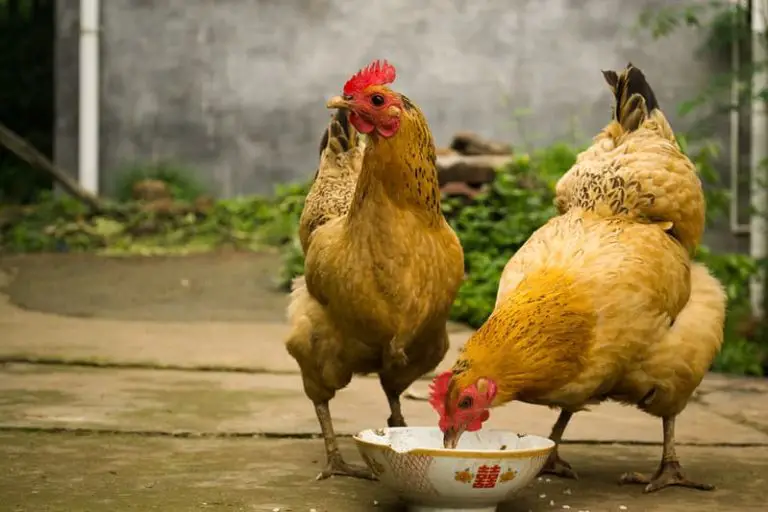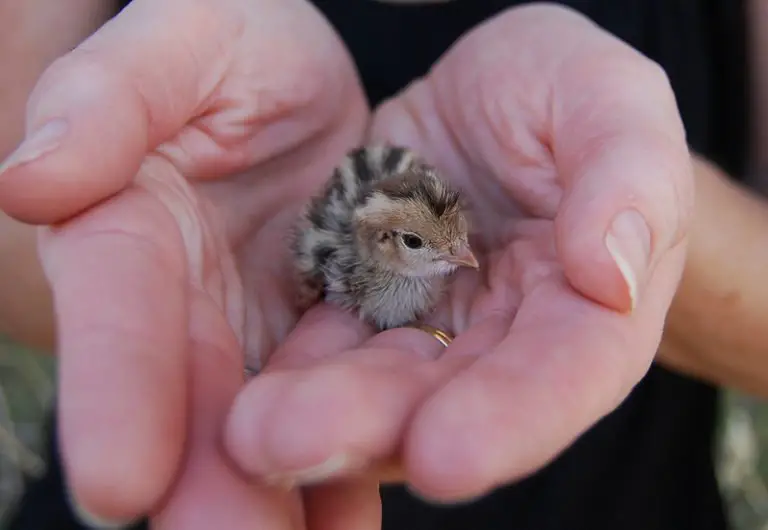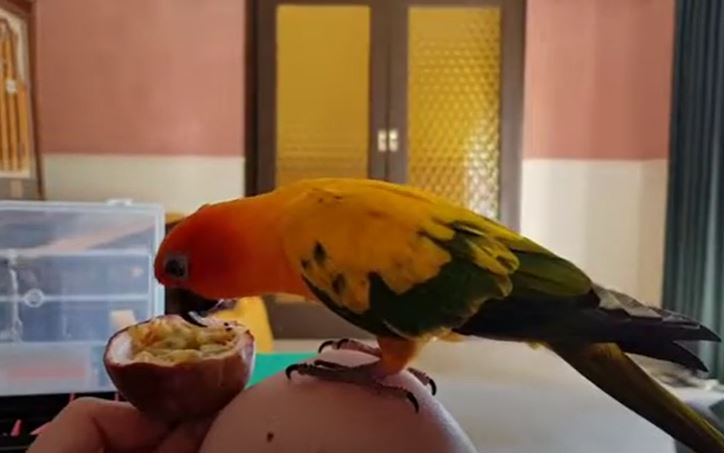Popular Vegetables for Ducks (Some Are NOT Recommended)
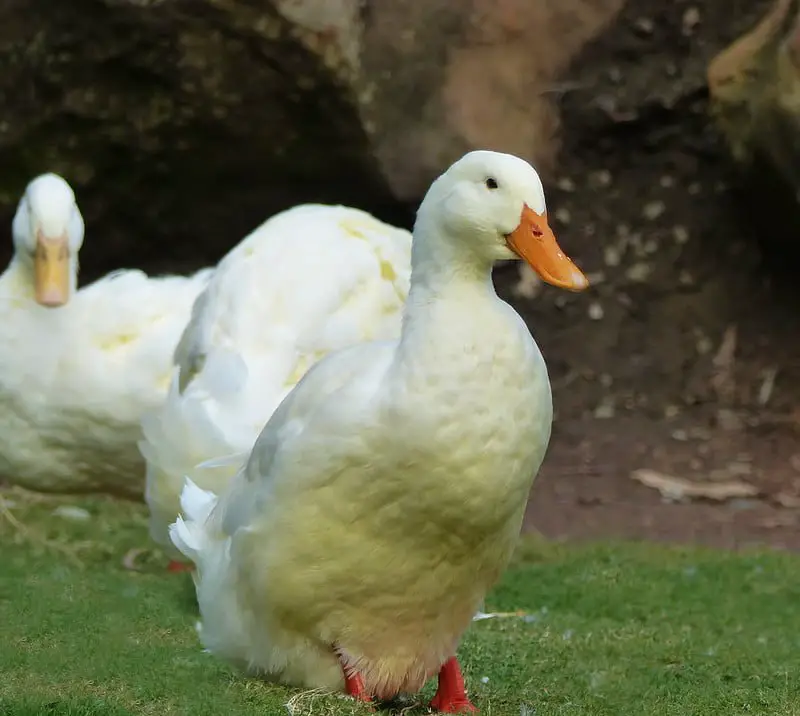
Is there any duck that is vegetarian? I totally doubt it…after this awkward introduction to the topic, we begin a very interesting article about a variety of vegetables that ducks can eat, their benefits and precautions.
Ducks maintain a diet somewhat similar to that of chickens, they are omnivorous, this gives them the versatility to supply themselves with nutrients from a variety of foods.
To absorb all the important vitamins and minerals in sufficient quantities, a duck’s diet requires fresh fruits and vegetables every day.
Many of these vegetables are considered superfoods, with a large amount of vitamins and minerals, including the important calcium, which contributes greatly to healthy egg laying.
In the development of the topics of vegetable feed for animals, I have noticed on many occasions that we must be cautious with certain vegetables, therefore, I find this topic interesting, I hope it will be of help.
Not all of these vegetables mentioned are recommended for feeding to ducks, but they are among the most popular, so I wanted to create the topic with the precautions and benefits.
Kale
I had written about this vegetable in another topic about goats, kale is a vegetable very rich in vitamins and minerals so much so that it is considered a “super food”.
The problem with feeding kale periodically is that it contains heavy metals in its composition and in the long run in some animals that are susceptible to kidney problems.
But those problems are mostly in the case of some small ruminants, ducks have a very different and strange digestive system, in fact, ducks in nature ingest small amounts of stone, in order to help their digestive system.
Precautions: Kale can be fed to ducks in moderation, although ducks are not prone to develop kidney problems, kale contains isothiocyanate and caution should be exercised with excess intake.
Isothiocyanate, a substance found naturally in broccoli and kale, could be toxic and cause diarrhea in large doses.
Spinach
I read different approaches on whether spinach can be fed to ducks, despite the various amounts of nutrients and minerals it provides, spinach can reduce the amount of calcium absorbed by ducks.
Apparently it can cause problems with egg laying in female ducks, and feeding spinach continuously to ducks can affect the eggs to have a very weak shell due to the calcium problem mentioned.
If you decide to feed spinach to your ducks, it is best to limit it, and in laying season it is not recommended at all.
Other Precautions: as with kale, I read about comments that spinach could cause diarrhea, but this I could not confirm with any credible means, so it is a comment without valid arguments.
It should be taken into account to wash these vegetables very well before feeding them to ducks or any other animal, they are susceptible to the accumulation of pesticides in many occasions.
Broccoli
Broccoli is like “the popular kid in school”, everyone likes it, well, many kids don’t like broccoli, but in this case I am referring to the animal kingdom, specifically poultry.
Both the top of the broccoli and the stalk can be eaten by ducks, raw or cooked.
This vegetable can even be fed daily to ducks, its high nutritional value and its folic acid content make it a very valuable and beneficial food.
Broccoli is rich in vitamin C and vitamin K, vitamin C is also known as ascorbic acid, it is a very important element to maintain health in animals, in other birds, this vitamin also enhances the natural color which makes them look more radiant and healthy.
Although ducks themselves are quite hardy animals, the vitamins B9 and vitamin C found in broccoli help promote their immune system, making them much more resistant to viruses.
Precautions: Broccoli is a super safe vegetable to feed to animals, the only precaution to take, as with other vegetables, is to wash it properly to remove any pesticide residue.
Lettuce
There are several types of lettuce, but one of the most common lettuce is iceberg lettuce, this type of lettuce is quite stigmatized on the internet, I have read a lot of negative information about its properties.
Iceberg lettuce is very common and popular, both in North America and Europe, personally it is the lettuce that I have always consumed, but feeding it to ducks may not be so beneficial.
To begin with, lettuce has a very low energy content because it is composed of more than 90% water, it does not contain many nutrients compared to other vegetables.
An interesting fact is that lettuce has the highest amount of vitamins and minerals concentrated in the greenest leaves, which are usually the least tender, the lighter leaves are almost entirely water.
Feeding iceberg lettuce to a duck is like giving it water in vegetable form, it will not really make a great contribution or benefit, for this reason this type of lettuce is not recommended, you can give it another type of lettuce, such as romaine lettuce, which is much more nutritious.
Precautions: on the consumption of raw lettuce it is recommended not to eat the part of the trunk because it is coated with a compound called latex.
I read a lot about this type of compound in lettuce, it is made up of waxes, fats and resins, this makes it easier for unhealthy microorganisms to be trapped in the lettuce that could be harmful if ingested.
The worst part of the matter is that this problem is not solved even by washing the lettuce thoroughly.
Carrots
Carrot is another popular vegetable for its varied content of vitamins and minerals. Carrot is rich in carotenoids and vitamin A and contains fiber.
As poultry feed, the carrot is a natural antiseptic, due to the pectins it contains and its anti-septic action is effective in cases of diarrhea as well as constipation.
The carrot is the vegetable richest in vitamin A, this type of vitamin plays an important role in the digestive system of poultry such as ducks, as well as in the respiratory tract.
Precautions: Carrots are hard and will be very difficult to chop with the ducks’ beak, to take better advantage of its nutrients you can give it raw but grated or chopped into small pieces that are easily digestible.
Other popular vegetables for ducks
- Cucumbers
- Corn on the cob (shelled, cooked or uncooked)
- Cauliflower
- Cabbage
- Asparagus
- Peas
- Beets
- Peppers (remove seeds and stem)
- Asparagus
- Pumpkin
- Bok Choy
Other vegetables NOT recommended for ducks
Onions: Regarding onions, I have read contrary opinions, apart from the fact that many argue that they have many benefits as poultry feed, others claim the opposite.
According to several opinions onion is not a recommended food, neither to give to ducks nor to other birds, this vegetable can cause diarrhea, and can cause other internal discomforts that could be fatal for the duck.
Because it is such an uncommon vegetable as a food, I would avoid feeding it to ducks, and opt for other vegetable options instead.
Nuts: they may not fit into the “vegetable” category but I should mention them, not that they are toxic, but they are usually hard and too large to be digested well by the duck, so they are a choking hazard.
Avocado: super popular vegetable among us humans, but super toxic to all poultry.

